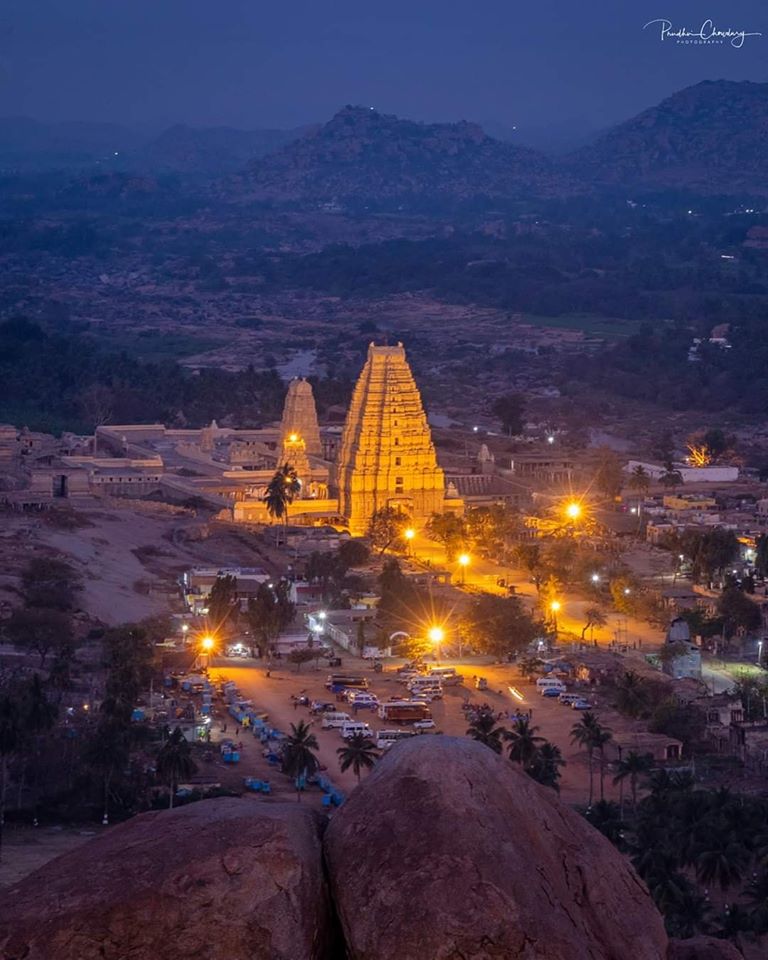"Vedanta": -----
Vedanta—The Most Satisfactory System of Philosophy
Some of the doctrines of the Nyaya, the Vaiseshika, the Sankhya and the Yoga are opposed to the teaching of the Vedas. These systems are only superficially based on the Vedas. The Nyaya and the Vaiseshika schools rely too much on human reason, though they accept the Vedas as the supreme authority. Human intellect is frail and finite. It has got its limitations. It functions within time, space and causation. Its findings cannot be infallible. It cannot solve transcendental matters. Vedas only are infallible and authoritative. They contain the revelations or direct intuitional experiences of Seers and Rishis. These experiences will tally with the experiences of those who have attained Knowledge of the Self (Brahma-Jnana).
The Vedanta is the most satisfactory system of philosophy. It has been evolved out of the Upanishads. It has superseded all other schools. The Mimamsa school has laid great stress on rituals, or Karma Kanda. According to the Mimamsa school, Karma or ritual is all-in-all in the Veda. Upasana (worship) and Jnana (knowledge) are only accessories to Karma. This view is refuted by the Vedanta school. According to the Vedanta, Self-realisation (Jnana) is the foremost thing, and ritual and worship are accessories. Karma will take one to heaven which is only an impermanent place of refined sensual enjoyment. Karma cannot destroy the cycle of births and deaths, and cannot give eternal bliss and immortality.
During the time of Sankaracharya, all the six schools of philosophy flourished. Therefore, he had to refute the other systems in order to establish his absolute monism (Kevala Advaita). But, nowadays, Sankhya, Vaiseshika, etc., are in name only. Even now, some Hindu preachers, Sannyasins and Mandalesvars try to establish Advaita Vedanta by refuting these old systems. This is a mistake. They will have to refute at the present moment materialism, agnosticism, atheism and science, and then establish Advaita Vedanta.
Other Scriptures
The Tevaram and the Tiruvachakam are the hymns of the Saiva saints of South India; the Divya-Prabandham of the Alvar or Vaishnava saints of South India; the songs of Kabir; the Abhangas of Tukaram and the Ramayana of Tulasi Das—all of which are the outpourings of great realised souls—are wonderful scriptures. They contain the essence of the Vedas.
.......................................................................................................................................




Comments
Post a Comment